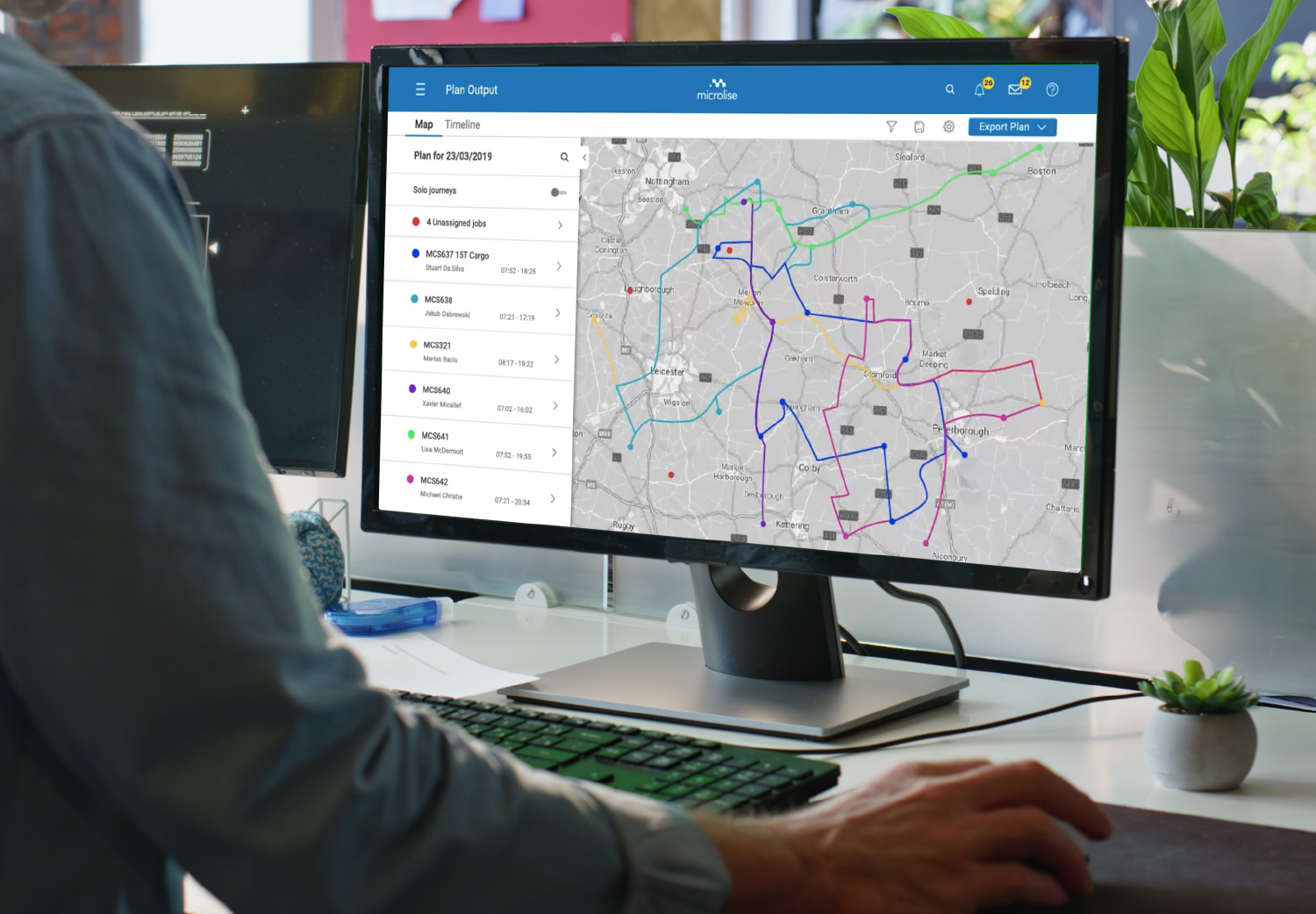Kevin Fryer with CILT Focus discusses the unsure future of fuel/operating costs in 2012…
Road Freight Industry
According to research from the Freight Transport Association (FTA), road freight operators have been faced with a bill of £1.3 million to cover the rising cost of fuel during the past 12 months. To put this into context, the typical annual cost of fuelling just one 44t truck has risen by £5700 says the association.
The situation has been eased somewhat by the Government scrapping the proposal 1 p fuel duty tax in successful lobbying by the Fairfuel UK campaign and industry bodies such as the FTA and the Road Haulage Association (RHA). However; the proposed fuel duty rise in August 2012 is already causing concern for the logistics sector, with many industry leaders fearing the worst.
Theo de Pencier FCILT, Chief Executive, FTA, says: ‘Many companies in the logistics sector are at a tipping point and simply cannot afford to absorb the high fuel costs that they are facing. We have already seen that motorists are being priced off the road, which is certainly hurting the Government’s tax take, but the implications as industry faces untenable fuel costs could be far greater. Unavoidable costs either destroy companies or get passed on to customers and ultimately this fuels inflation’.
How the situation evolves remains uncertain. However, in the meantime, taking steps to keep expenditure as low as possible is prudent.
Fleet Costs
While fuel duty was stabilised in April 2011, concern is growing over proposed rises in 2012, with campaigns such as Fairfuel UK gathering momentum. Taking the following measures now is a timely undertaking for organisations with a large fleet element:
Review the market – Do not be fooled into believing that the big supermarkets offer the best price. While many offer very attractive-sounding prices, many offers are short lived. If your organisation uses fuel cards and has weekly contract pricing from the card provider, check that the price moves in line with pump price changes locally.
Check driver behaviour – It may appear you are benefiting from low supermarket prices, but this may be because drivers are diverting to gain loyalty card points or take advantage of fuel promotions where they receive money off in store, adding mileage to get there.
Fuel on the go – If you use fuel cards, review extra charges paid when drawing fuel on the road. Savings in fuel costs can become easily lost in administrative fees, card charges and handling fees.
Professional driver training – Engage with professional trainers to ensure your drivers follow best practices. Follow up with ongoing monitoring programmes (such as telematics) to avoid losing the benefits of training programmes, such as reduced fuel consumption and lower accident rates.
For the full article please visit www.ciltuk.org.uk.



